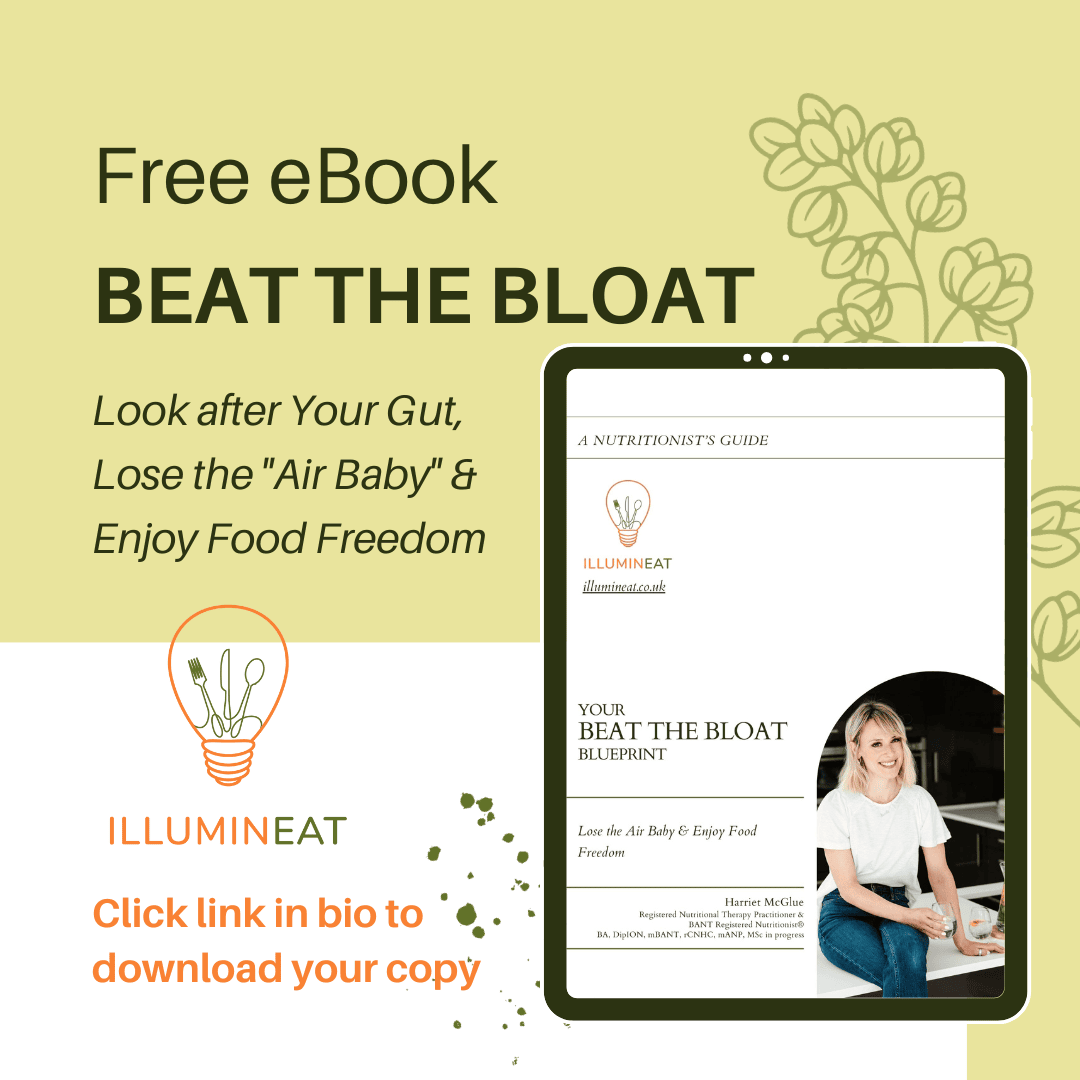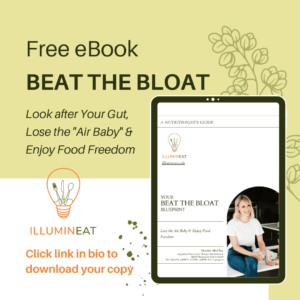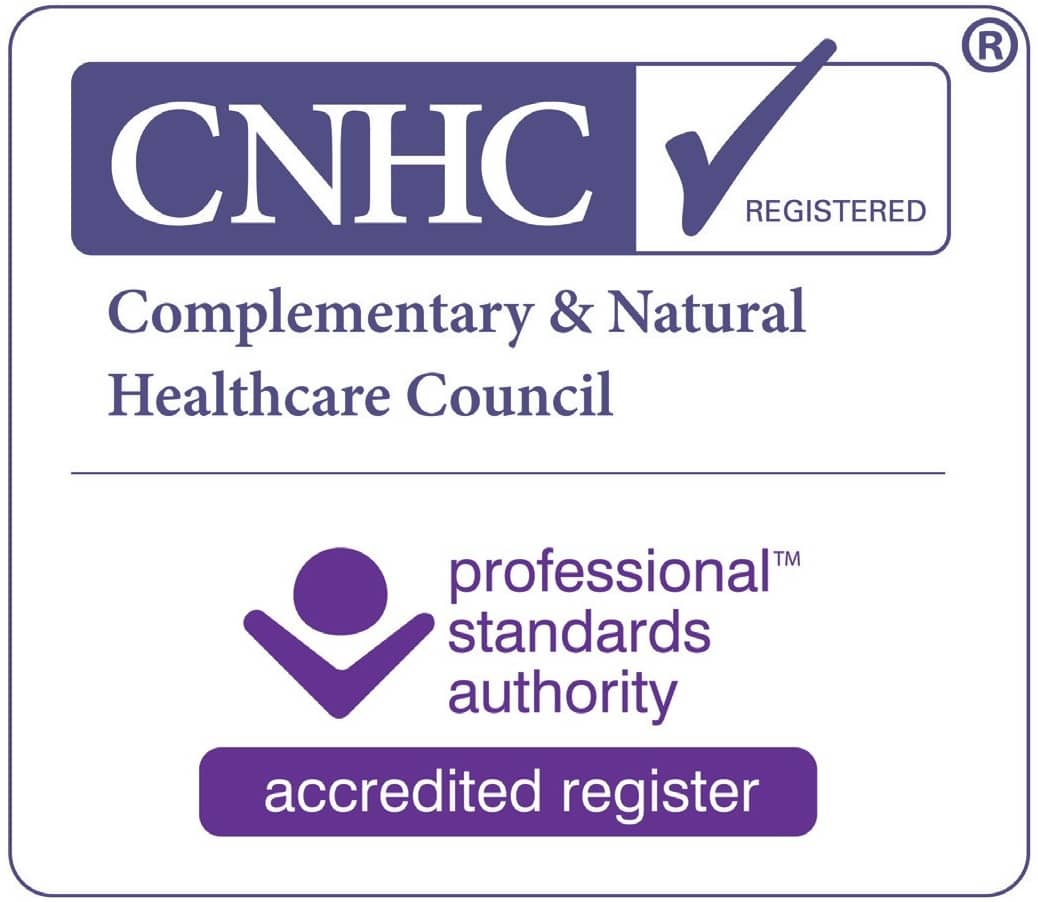
The science is unanimous: Following a whole foods, plant-based diet is the best way of taking care of our own health – and the health of the planet. But is ALL meat unhealthy? Contrary to what many people assume, eating plant-based does not mean vegan – or eating ONLY plants. Of course it can mean going vegan, if that’s your preference – for ethical, environmental or other reasons. But purely in health terms – SOME meat can be a very good thing.
For me, it’s about CONSCIOUS or ‘mindful’ meat eating. It’s about making plant foods the MAINSTAY of my diet. Instead of thinking about animal protein as the central part of a meal – alongside carbs and a token portion of something green (if you’re lucky!) – make those beautiful veggies, beans and pulses the STAR of the show, and animal protein the accessory or condiment!
Plant based eating for the win
For most of the week, the bulk of our meals will be loads of lovely vegetables of all types (starchy roots, leafy greens, brassicas & rainbow Mediterranean veggies), beans, lentils, chickpeas, nuts, seeds, whole grains. I choose to include fermented dairy too (yoghurt, kefir and cheese), because i believe the health benefits outweigh the risks (if you are lactose intolerant, that is certainly a reason to avoid dairy).
A couple of times a week, I make sure the whole family enjoys some lovely oily fish- sustainably caught and wild if possible. And it’s not just salmon- if you haven’t tried marinated anchovies; sardines tossed through spaghetti with lots of extra virgin olive oil, garlic, lemon & chilli; or a piquant mackerel pate with dill & capers, you really must! Despite being a white fish, cod-like hake is a surprisingly decent source of omega 3s too – and utterly delicious!
But is ALL meat unhealthy? No!
Once a week or so, we will have a some grass-fed organic beef, or some organic pork. There is a WORLD of difference between a pasture-raised, organic piece of beef you cook yourself, and mass-produced, conventionally (grain) fed beef, ultra-processed into a burger from a fast food restaurant (with fries on the side!) Yes, good meat costs more – but if you’re buying a fraction of the quantity (once or twice a week instead of 6 or 7 times), you’ll save money overall.
Conventionally-reared meat contains hormones, antibiotics, pesticides and a different fat profile. When animals eat grain, their meat higher in more pro-inflammatory omega-6 fats (which we eat too many of) and lower in anti-inflammatory, health-promoting omega-3s.
Ditch the processed meats
Processed meats like bacon, salami and sausages aren’t ideal. It’s these that the World Health Organisation classes as a Group 1 carcinogen. HOW you cook your meat matters too- but that’s a post for another day!
















